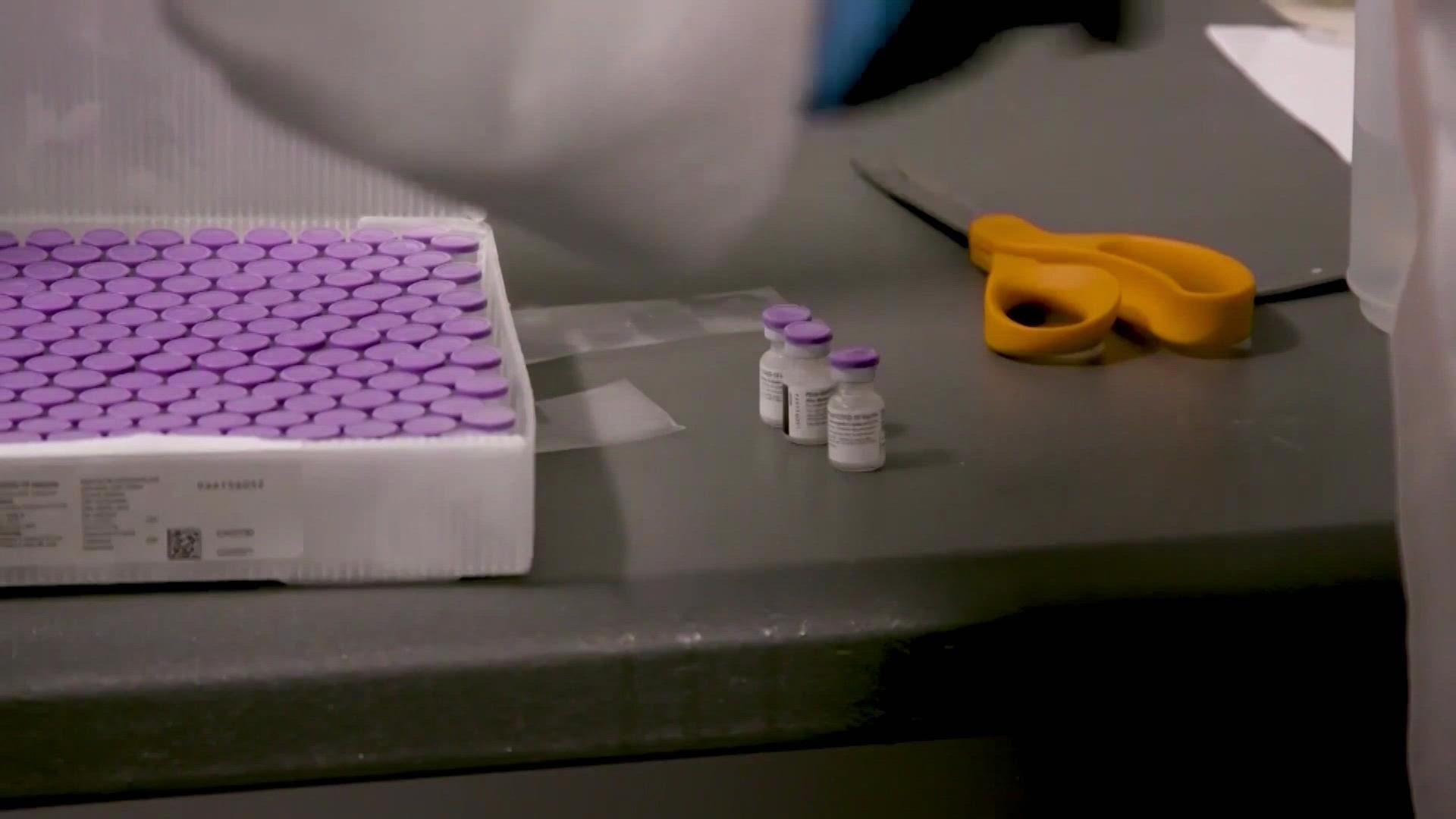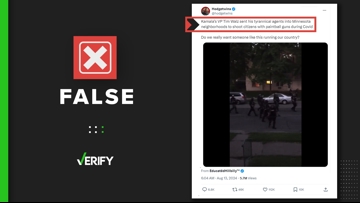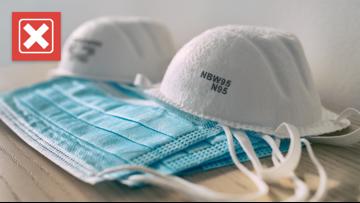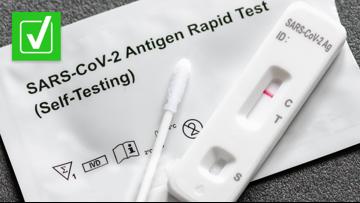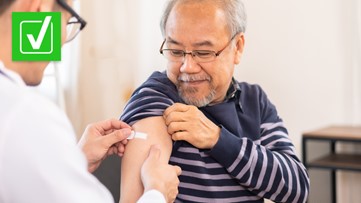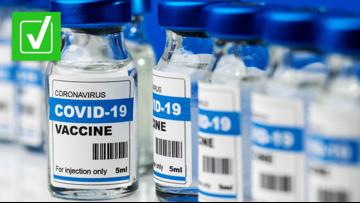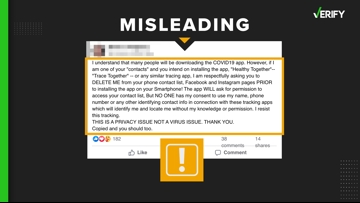The Centers for Disease Control and Prevention (CDC) on Aug. 13 recommended some people who are immunocompromised get an additional COVID-19 shot. The recommendation was made with the goal of giving people with weaker immune systems, who are at an increased risk for severe COVID-19, an opportunity for greater protection against the virus.
Ahead of the recommendation, Andy Slavitt, the former acting administrator of the Centers for Medicare and Medicaid Services, tweeted the additional shot would only be for those who are immunocompromised and received the Pfizer and Moderna mRNA COVID-19 vaccines. In response to Slavitt’s tweet, people asked about immunocompromised people who received the one-shot Johnson & Johnson vaccine.
THE QUESTION
Does the CDC’s third dose recommendation include people who are immunocompromised and received the Johnson & Johnson COVID-19 vaccine?
THE SOURCES
- Dr. William Schaffner, professor of infectious diseases at Vanderbilt University Medical Center
- Centers for Disease Control and Prevention (CDC)
- U.S. Food and Drug Administration (FDA)
THE ANSWER
No, the CDC’s third dose recommendation does not currently include people who are immunocompromised and got the Johnson & Johnson vaccine.
WHAT WE FOUND
The CDC’s recommendation came a day after the U.S. Food and Drug Administration (FDA) amended the emergency use authorization for the Pfizer and Moderna vaccines to allow some people who are immunocompromised to get an additional dose.
The FDA emergency use authorization for the Johnson & Johnson vaccine has not been amended to allow recipients to get an additional dose because of a lack of available information, according to the CDC.
“Emerging data have demonstrated that immunocompromised people who have low or no protection following two doses of mRNA COVID-19 vaccines may have an improved response after an additional dose of the same vaccine,” the CDC says. “There is not enough data at this time to determine whether immunocompromised people who received Johnson & Johnson’s Janssen COVID-19 vaccine also have an improved antibody response following an additional dose of the same vaccine.”
A spokesperson for Janssen said the company "will continue to evaluate forthcoming evidence on the need for a booster dose in immunocompromised individuals. Additional studies to investigate the impact of an extra dose of Johnson & Johnson’s COVID-19 vaccine in this population are being planned."
So, the CDC's recommendation for an additional dose is for some immunocompromised people 12 and older who received the Pfizer vaccine and 18 and older who received the Moderna vaccine.
The CDC estimates 7 million U.S. adults, around 2.7% of the adult population, are immunocompromised.
Studies have found evidence that some people with compromised immune systems have a reduced response to the vaccines, according to the CDC. The agency says a U.S. study shows about 40-44% of hospitalized breakthrough cases involve people who are immunocompromised, meaning they are more likely to have a breakthrough infection.
The CDC recommends the following people who are immunocompromised get a third vaccine shot:
- Been receiving active cancer treatment for tumors or cancers of the blood
- Received an organ transplant and are taking medicine to suppress the immune system
- Received a stem cell transplant within the last 2 years or are taking medicine to suppress the immune system
- Moderate or severe primary immunodeficiency (such as DiGeorge syndrome, Wiskott-Aldrich syndrome)
- Advanced or untreated HIV infection
- Active treatment with high-dose corticosteroids or other drugs that may suppress your immune response
William Schaffner, a professor of infectious diseases at Vanderbilt University Medical Center, said vaccine providers will be relying on “personal attestation” when giving third doses – meaning people just need to tell providers they are immunocompromised and eligible for an additional dose. He said people should try and get the same vaccine they did for the first two doses, but if that’s not an option then mixing and matching mRNA vaccines is OK. People should wait at least 28 days after receiving their second dose before getting a third dose.
“Most people have received the vaccine many months ago,” Schaffner said. “So, most of those immunocompromised people would be ready to receive that third dose very quickly.”
Schaffner expects third doses to be available in the coming days and that people will be able to get it recorded on their vaccine cards and in their immunization records.
These third doses are being called “additional” shots, a distinction from “booster” shots. Schaffner said there is a difference between the two terms. Booster shots are for people who have well-functioning immune systems and a good response to the vaccine, but eventually need another shot as protection wanes over time. Additional shots are for people with weakened immune systems who did not have the same response to the vaccine.
“They get the initial series, some of them get a little response, some of them have almost no response,” he explained. “So, in those people, we give them an additional dose to try to get them up to where the rest of us are. At least that's our hope.”
As for people who are immunocompromised and received the Johnson & Johnson vaccine, Schaffner said to stay tuned for updates.
“Information will soon be forthcoming,” he said. “It’s not there yet but hang tight.”
